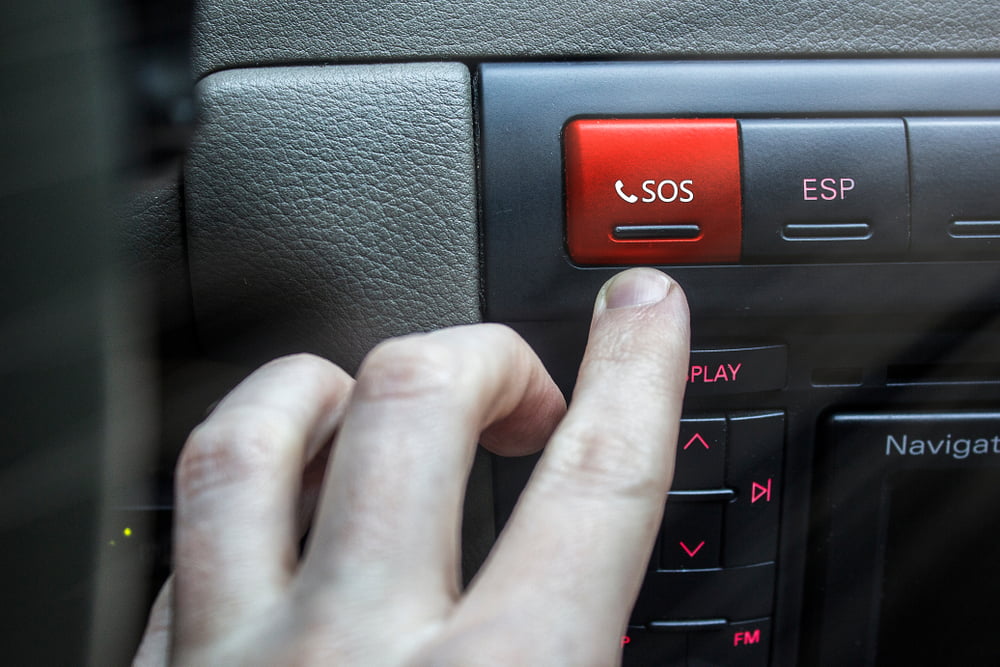You may not realize when you pick up the lease car what will happen to your privacy from that moment on. After all, you cannot read all the fine print and would prefer to leave as soon as possible by car and enjoy many safe kilometers. And that's where the shoe pinches. Leasing companies monitor all your travel movements. Most vehicles are equipped with technology to collect and transmit data from the vehicle made available to you. This may be data collected from event data storage media. GPS devices and similar technology, where installed and permitted, will be used for location data, collision information, vehicle operation information such as operating condition, mileage, tire pressure and fuel status, and other diagnostic and performance data.
After the delivery of a lease car, companies are not prohibited from using all the aforementioned information. Also after the expiry of the mobility agreement to calculate a possible surcharge. Driving behavior and the way in which the lease car was handled when starting, braking or maneuvering can often be read from this data as vehicle information. It is therefore advisable to take this into account in conflicts with lease companies.
eCall
New cars must be equipped with the eCall automatic alarm system since March 31, 2018. The eCall system will immediately send a notification to the emergency services after a crash to assist them to the scene of the accident. eCall stands for Emergency Call. This safety system in cars automatically contacts 112 after an accident. It also provides the exact location and number of occupants. With this information, emergency services can better prepare and be on the scene quickly.
After an accident, eCall automatically sends a notification to the 112 central. eCall provides the exact location of the accident, the direction of travel, the number of occupants, the type of vehicle and the type of fuel. eCall can be vital if passengers cannot call 112 themselves. You can also contact 112 via eCall by pressing a button in the car (manual eCall).
Pan European or Third Party Service (TPS) eCall
As a car owner, you can choose whether to use Pan European eCall or eCall through a Third Party Service. Pan European eCall is a free system and connects directly to the 112 exchange. All passenger cars and light commercial vehicles that came on the market after April 1, 2018 must have this system on board. Third Party Service (TPS) eCall are emergency call systems from car manufacturers. The emergency call goes to the emergency center with which your car brand has a contract. It determines whether emergency aid is necessary. In that case, the emergency center immediately forwards the call to the 112 center. There are sometimes costs associated with this system.
eCall respects your privacy. The system only sees your position and the direction of travel after the accident or pressing the emergency button. If nothing is wrong, eCall cannot track your car. Your data will not be stored or used for anything else. In contrast to the aforementioned system of leasing companies, which can actively request the data, depending on the system chosen.
Also read: Enterprise collects addresses via victims' website


